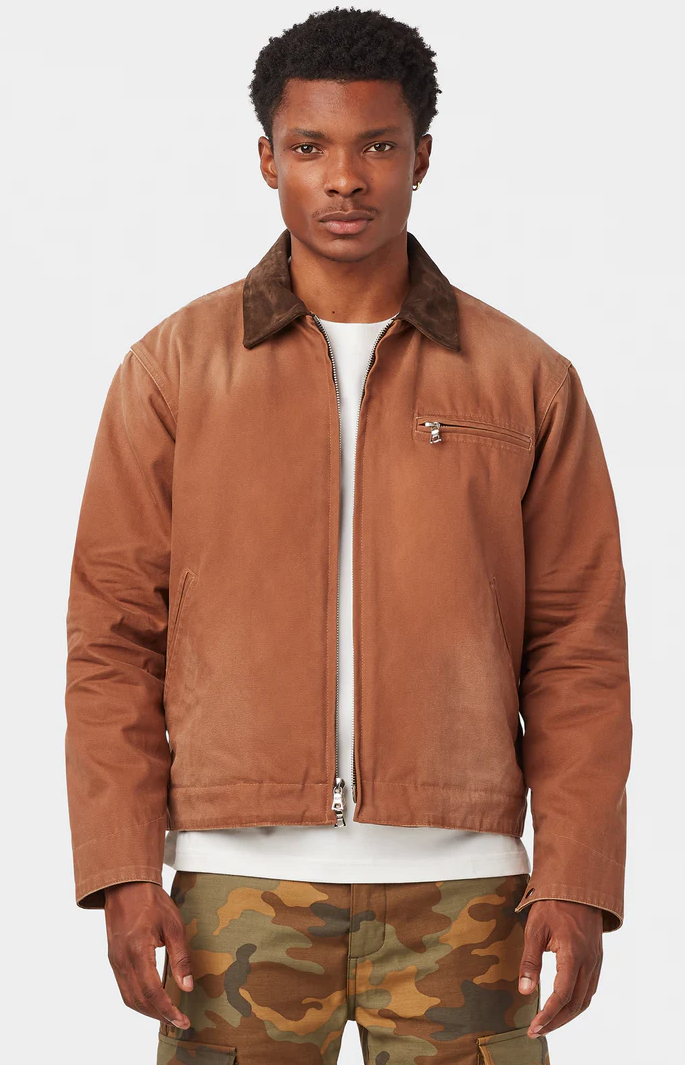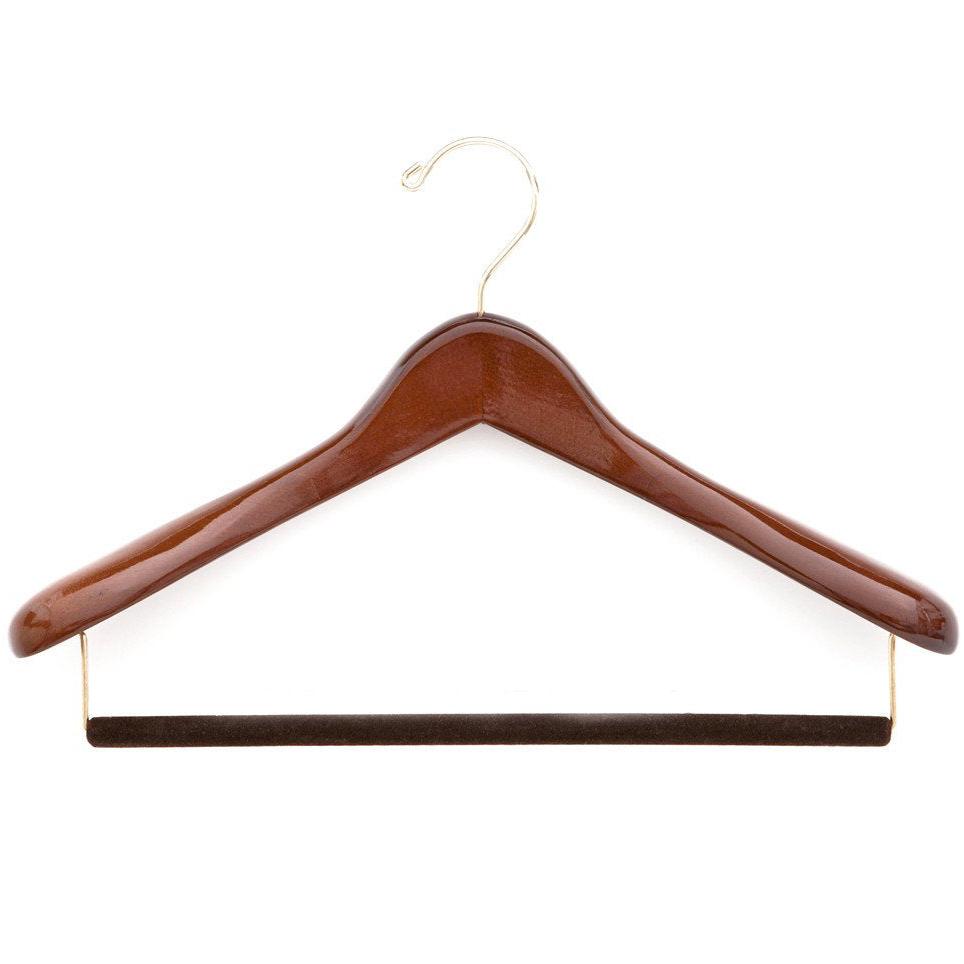WhereNext
Senior Member
- Joined
- Dec 13, 2014
- Messages
- 616
- Reaction score
- 427
Interesting, and I should point out that I've never taught undergraduate students, only Master's and Doctoral (and Executive Education/Open courses), so some of the dynamics are slightly different I would imagine. My challenge eaarly on was being a 29 year old assistant professor on a Master's program where every other professor (bar one) in the department was 60+ years old and the vast majority of students were at least 40 years old.That was the only time a student has ever used the actual feedback form to comment on my clothes (I wore a suit and tie the first day, then sportcoat and jeans thereafter to try to come down to the polo/shorts level of my colleagues but in a way I could deal with....never did feel comfortable that casual though): "Who does he think he is wearing a suit to teach?!" Super helpful feedback for improving my teaching, as you can imagine.
On junior colleagues, my concern would be with their establishing authority both within the classroom but also within their own departments. In the contexts I am familiar with, dressing in coat and tie stands out, but on teaching days, I think many faculty colleagues would appreciate the effort as a sign of seriousness. That is a good thing. But if my senior colleagues were to constantly comment on my dress, even if in seemingly positive terms, as a junior colleague, it might give me pause. Certainly, they should be making more frequent (positive) comments on what I actually do. There's no easy advice except to establish authority and seriousness in one's research and in contribution to departmental life. For jr. colleagues, comments on one's dress should invite a moment of reflection: how do my colleagues perceive me?
On teaching evaluations: I hate that teaching evaluations are used in P&T, where evaluations are the standard internet, rate on a scale, add a few comments. I would have no problem with a department using the data to provide one of many streams of feedback on a faculty's teaching, but that's about it. After that, it should be discarded. We all know how those scales can be manipulated. More useful are detailed letters from students (as my university requests, during tenure evaluation) and better, detailed assessments from a teaching evaluator (we have a unit on campus) where someone sits in on the class or runs a discussion group with students, moderating and asking directed questions. Those can provide helpful information on the quality of teaching.
On friendly demeanor etc.: speaking in respect of teaching undergraduates, maybe as I get older, my tolerance for the ready casualness of my interactions with them is evaporating. I do want my students to remember that a classroom is where they come to learn, to be challenged, and to be assessed. They have specific goals, which are set out in the syllabus. My job is to get them to achieve those goals. When they walked into the classroom, students are best advised to treat it like an actual job [e.g. doing Facebook or SF on your laptop is not something you should be doing on the job...ahem]. More substantive, collegial interactions are to be earned. At that point, later stage students who have taken many classes with you, written an honors thesis, etc. might have earned a certain standing, something more akin to being a graduate student. Then the rules change somewhat: they are closer to being colleagues.
This is not to say that we should put on a stern face, demeanor, rendering ourselves inaccessible. We should act in ways to promote learning and, I think, their maturing into adult, professional life (please don't ask where the final is being given just like you shouldn't ask your boss again when the monthly team meeting is). Being accessible, intellectually, is part of this. There are official outlets for their dealing with personal matters. In general, I think undergraduates are best served when they remember that I, like many others in their future, stand as an authority relative to them.
Graduate students, of course, bring in different rules, but enough of my musings.
Interesting, and I should point out that I've never taught undergraduate students, only Master's and Doctoral (and Executive Education/Open courses), so some of the dynamics are slightly different I would imagine. My challenge eaarly on was being a 29 year old assistant professor on a Master's program where every other professor (bar one) in the department was 60+ years old and the vast majority of students were at least 40 years old.That was the only time a student has ever used the actual feedback form to comment on my clothes (I wore a suit and tie the first day, then sportcoat and jeans thereafter to try to come down to the polo/shorts level of my colleagues but in a way I could deal with....never did feel comfortable that casual though): "Who does he think he is wearing a suit to teach?!" Super helpful feedback for improving my teaching, as you can imagine.



